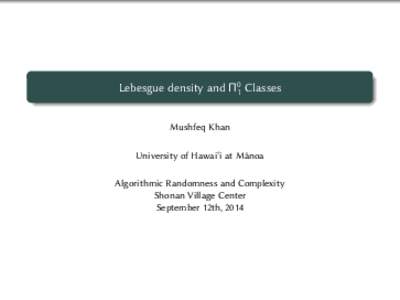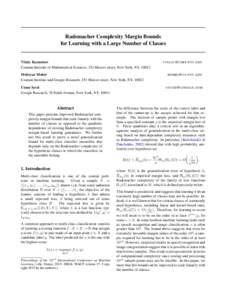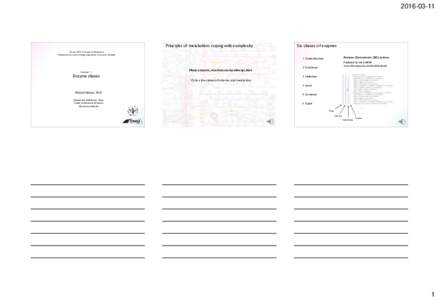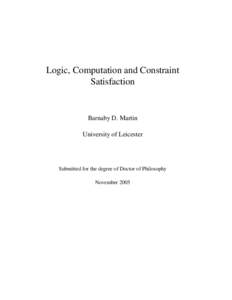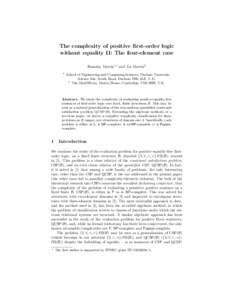<--- Back to Details
| First Page | Document Content | |
|---|---|---|
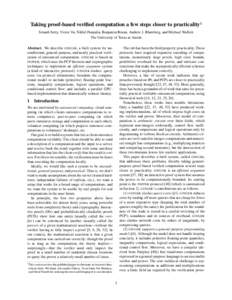 Date: 2017-11-11 14:59:54Cryptography Randomized algorithms Computational complexity theory Mathematics Probabilistically checkable proof Complexity classes Interactive proof system IP NP Soundness PCP theorem Commitment scheme |
Add to Reading List |
 Taking proof-based verified computation a few steps closer to practicality1 Srinath Setty, Victor Vu, Nikhil Panpalia, Benjamin Braun, Andrew J. Blumberg, and Michael Walfish The University of Texas at Austin Abstract. W
Taking proof-based verified computation a few steps closer to practicality1 Srinath Setty, Victor Vu, Nikhil Panpalia, Benjamin Braun, Andrew J. Blumberg, and Michael Walfish The University of Texas at Austin Abstract. W